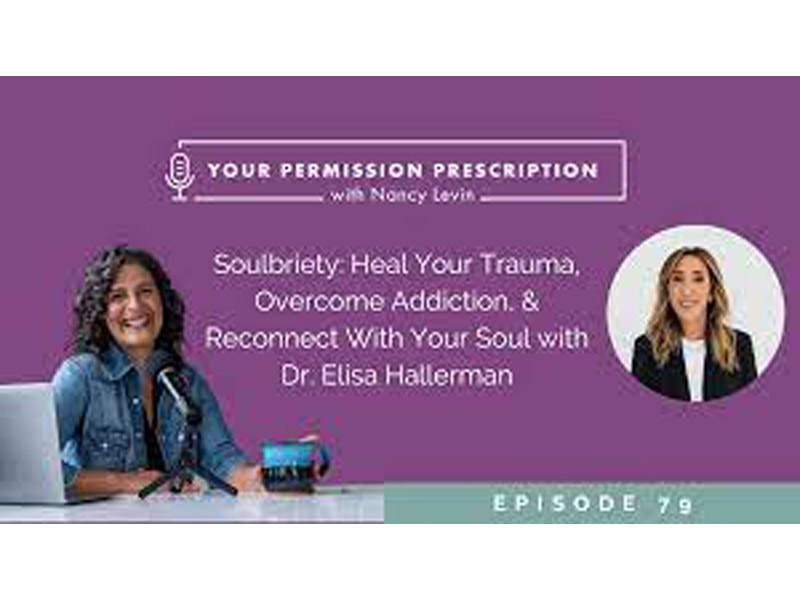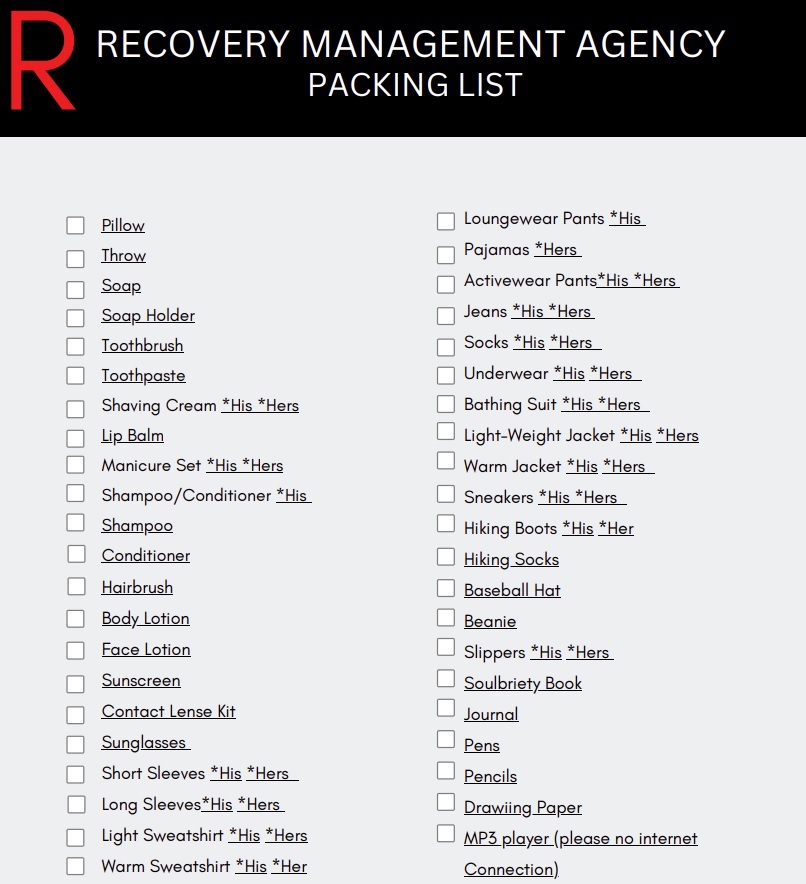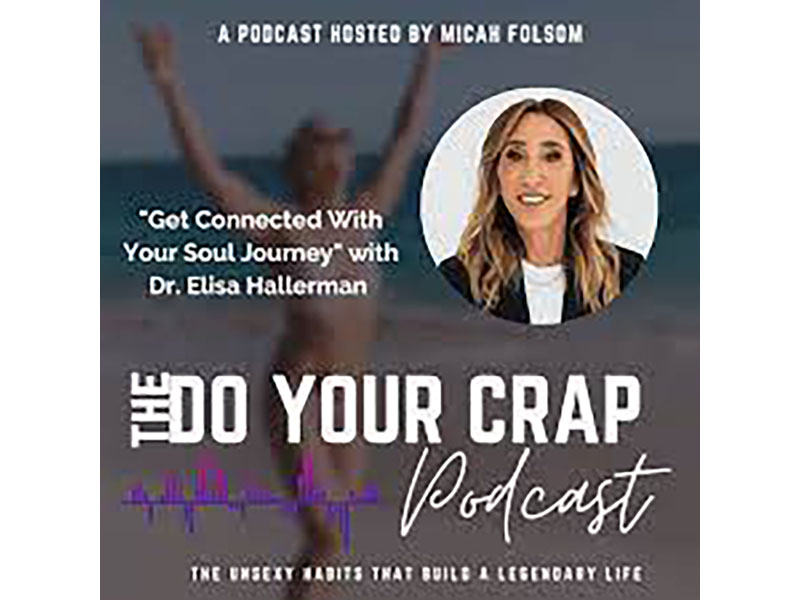
Your Permission Prescription with Nancy Levin
Dr. Elisa Hallerman courageously shares her own story, as well as the stories of her clients, to support us in building resilience and not waiting to feel joy.

Dr. Elisa Hallerman courageously shares her own story, as well as the stories of her clients, to support us in building resilience and not waiting to feel joy.

Kayla is joined by former talent agent and recovering addict, Dr. Elisa Hallerman, who helps us spot the signs and navigate the best approach to addiction, especially in assisting someone

Listen to this Dear Gabby and let Elisa set you off on your own divine path that will bring your soul and spirit into harmony.

After making the decision to go into residential treatment, the last thing I wanted my clients to have to worry about was what to pack! I worked side by side

In this episode, we have Dr. Elisa Hallerman, author and founder of Recovery Management Agency, the first of its kind that helps people recover from addiction through internal transformations.

In this episode, we’re talking about trauma: What it is, how to navigate it, why it’s important to seek out an expert with a trauma-specific focus, and tools you can

Dr. Elisa Hallerman shares her own soul journey, the creation of her company Recovery Management Agency, and the upcoming publication of her book Soulbriety.

Dr. Elisa Hallerman, PhD, JD, founder of Recovery Management Agency, knew the exact moment she hit rock bottom. After working in entertainment, she no longer felt “fulfilled” anymore.
“I had

When we find something that helps us stay sober, the feelings of joy, relief, and hope are hard to beat. When that healthy behavior loses its impact, it is not

Some call it “hitting rock bottom”; others, the “dark night of the soul.” Soulbriety offers a different perspective on trauma and how we can emerge from the void to experience

In movies it’s easy to spot the “Hero” and the “Villain”; it’s much harder to identify the archetypes within us. Here, we explore the psychology behind archetypes and how embracing

Trauma is so damaging in part because it’s reactivated by sights, smells, conversations, etc., that we associate with the original event. Discovering and disarming these triggers is critical to any